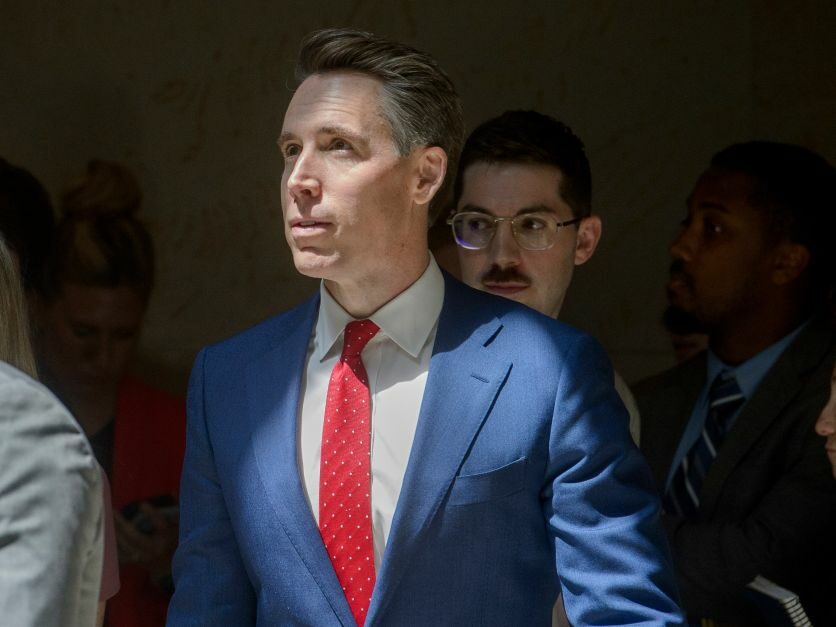Key Takeaways
- A $4.9 billion Energy Department loan for the Grain Belt Express project may be canceled following a Missouri senator’s intervention.
- Sen. Josh Hawley has pledged support from Energy Secretary Chris Wright to halt the transmission line over concerns from local farmers.
- The Grain Belt Express project aims to transport renewable energy from Kansas to Missouri, promising economic benefits and increased grid reliability.
Project Overview
A proposed 578-mile electric transmission line known as the Grain Belt Express, designed to transport wind and solar energy across the Midwest, may face significant funding challenges due to political intervention. Missouri Senator Josh Hawley recently announced that he secured a commitment from Energy Secretary Chris Wright to put a stop to the project, labeling it a “green scam.”
The Grain Belt Express, managed by the power generation company Invenergy, received a conditional loan guarantee from the Energy Department last November, amounting to $4.9 billion. This funding includes $4.4 billion in principal and an additional $470 million for capitalized interest, aimed at facilitating the infrastructure necessary to connect renewable energy sources from Ford County, Kansas, to Callaway County, Missouri.
Hawley’s concerns primarily focus on local farmers who have objected to the project’s potential impact on their land. In a letter sent on June 25, he formally requested the cancellation of the loan, citing these land-related issues as a major point of contention among constituents.
The reaction to Hawley’s announcement has been swift. The Grain Belt Express’s official communication channel responded to Hawley’s claims, arguing that his actions could deprive Americans of essential benefits, including significant savings on energy costs, the creation of thousands of jobs, and improvements to grid reliability and national security. This counter-argument emphasizes the increasing demand for electricity and highlights the project’s potential to address it effectively.
As the situation develops, the future of the Grain Belt Express remains uncertain, with significant economic and environmental implications riding on the outcome of political discussions surrounding the project. The disagreement reflects broader tensions in the renewable energy sector, particularly regarding land use and local community concerns versus the pursuit of green infrastructure.
Policymakers will need to balance these differing viewpoints as they navigate the challenges of expanding renewable energy sources while addressing the needs of local communities. The contrasting perspectives on the Grain Belt Express could influence future decisions about energy infrastructure and support for renewable energy initiatives across the Midwest and beyond.
The content above is a summary. For more details, see the source article.















